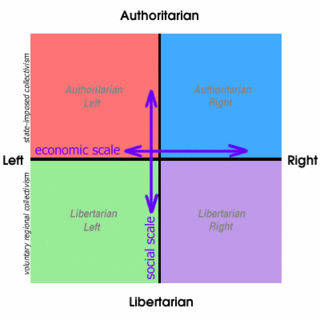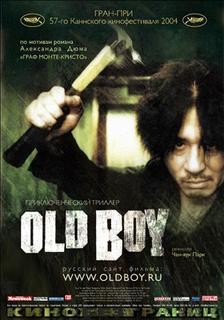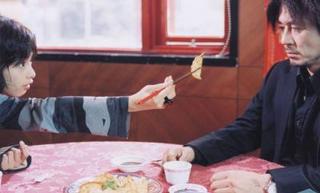Before reading my opinion please check these Internet Usage & Population Statistics <
Link1 &
Link2 >
Looking at it positively, there is much infinite space for growth & improvement. In future blogs could change our society in much bigger way. The power of blogs is not weak and emaciated in our future - i guess.
Turning to our point
Is Blogging possible as alternative plan of Freedom of Press in Singapore?
The blogs/blogging powor comes from Dissemination & Sharing information faster than other media can. In this case we have to check the influence & possibility of blogs.
Do you think the views of blogs affect a lot of people?
I think, so sad, it’s hard to get good affection on the blogs but judging from the regular commentators I would say that the few people we do reach & affect are already themselves. And there could be hundreds of people out there who never comment or otherwise identify themselves, but we wouldn’t know.
Secondly, possibility, the problems could be that many Singaporeans are not very interested in politics (include Freedom of Press) as stated by Dr Randy Kluver. (I said in my previous posting) and the Singapore Dilemma ( Singaporean media is government controlled )
Here we have to check Dr Randy Kluver saying. It has been true so far.
But thinks are beginning to change. These days I found a lot of Singapore political blogs -Not only did middle-age have political blogs, but also young people were voicing their political views. And as public opinion is getting stronger, S-government could be pay careful attention to the trends of public opinion and strong probably; S-government has to make an alternative plan for us. Hum.. but to be honest, not very much at present.
Blogs/Bloggings are insignificant compared to other media & other sources of information for our society now. I tell myself again "It's just the beginning."
Six Recommendations to Ensure Freedom of Expression on the Internet I have seen to this article a long time ago. And now I am recalling Human Rights.
Reporters Without Borders and the
OSCE make six recommendations to ensure freedom of expression on the Internet.This declaration by Reporters Without Borders and the representative of the OSCE (
Organisation for Security and Cooperation in Europe) on Freedom of the Media aims to deal with the main issues facing countries seeking to regulate online activity.
Reporters Without Borders thinks the six recommendations go beyond Europe and concern every country. It hopes they will provoke discussion in the run-up to the
World Summit on the Information Society (WSIS).
Full text of the Declaration :
1. Any law about the flow of information online must be anchored in the right to freedom of expression as defined in Article 19 of the Universal Declaration of Human Rights.
2. In a democratic and open society it is up to the citizens to decide what they wish to access and view on the Internet. Filtering or rating of online content by governments is unacceptable. Filters should only be installed by Internet users themselves. Any policy of filtering, be it at a national or local level, conflicts with the principle of free flow of information.
3. Any requirement to register websites with governmental authorities is not acceptable. Unlike licensing scarce resources such as broadcasting frequencies, an abundant infrastructure like the Internet does not justify official assignment of licenses. On the contrary, mandatory registration of online publications might stifle the free exchange of ideas, opinions, and information on the Internet.
4. A technical service provider must not be held responsible for the mere conduit or hosting of content unless the hosting provider refuses to obey a court ruling. A decision on whether a website is legal or illegal can only be taken by a judge, not by a service provider. Such proceedings should guarantee transparency, accountability and the right to appeal.
5. All Internet content should be subject to the legislation of the country of its origin ("upload rule") and not to the legislation of the country where it is downloaded.
6. The Internet combines various types of media, and new publishing tools such as blogging are developing. Internet writers and online journalists should be legally protected under the basic principle of the right to freedom of expression and the complementary rights of privacy and protection of sources.
I believe that freedom in the 21st century means the liberty of individuals, regardless of age, race, gender, or class, to express themselves in their own words, and to use those words to shape history. I am young, and I am free. I speak not always articulate, not often right, but always in my own words. I speak, and I listen.








